
The Sacred Cycle is a Colorado-based nonprofit, founded by Heather Russell, who is a licensed therapist and certified mountain bike guide. The organization works with survivors of sexual trauma, and helps them heal through a variety of therapies and practices, including riding mountain bikes.
Russell began her mountain bike career in Grand Rapids, Michigan, on a 1989 Specialized Hard Rock Comp, and she hasn’t stopped pedaling since. She moved around a bit as a kid, from Illinois to Michigan, and finally landed in Salt Lake City, Utah, where she changed her career path from whitewater guide to Wasatch ski-bum and undergrad student. After completing her bachelors degree, Russell packed up and headed to Boulder, Colorado to pursue a master’s degree in counseling at Naropa University, and now calls the trails of Carbondale, Colorado her back yard.
As an avid mountain bike racer and rider, and a survivor of sexual trauma, Russell had the idea to share the trail-based therapy that worked for her with her clients. In 2013 she founded The Sacred Cycle to provide unique and affordable counseling for women living with trauma. Now in their third full season of operation, the nonprofit’s counselors and ride leaders have created a solid foundation to help their clients move “from survive to thrive”.
Sacred Cycle supports survivors of sexual violence. We offer an opportunity to increase emotional tolerance through healthy risk-taking in nature and sport. Our ideal clients are women who are ready to move from merely just surviving their lives to thriving. We offer financial assistance with evidenced-based trauma therapy, access to bikes, bike gear and coaching, and a new community of fellow survivors. This year Specialized Bikes has donated bikes, helmets, and shoes to be used by our clients!

I recently had the opportunity to talk with Russell and she shared some eye-opening insights around her work with survivors of sexual trauma.
How does the structure of the program work, and how do clients get involved with The Sacred Cycle?
Clients contact us through our website and apply online. They then meet with me to design a program that fits their needs in regards to therapy and the type of outdoor experience they want to explore: mountain biking, road biking, or any form of body movement. They will be assigned a bike and will start the program with their cohort of other survivors, engaging in individual therapy, group therapy, and group cycling with the Sacred Cycle community.
Do clients need to return to the camps regularly, or are they able to take the tools they learn to their homes and therapists?
The goal is that clients will take what they’ve learned with us, their curiosities and concerns, and work with their therapists in achieving their therapeutic goals. Our clients stay in touch with each other through a daily email thread so their fellow survivors can witness their process, celebrate their successes, and support when necessary.

How does cycling help with trauma therapy?
Survivors often speak of a disconnect with the body and the present moment, and cycling is one way to help survivors connect in new and powerful ways. Cycling provides so many essential tools and experiences that are key to healing: it’s empowering, riders feel physically strong and capable of handling challenges, and it releases hormones that not only feel good but train the brain to orient towards positivity, to name a few.
Healing from sexual trauma can feel like training for an endurance sport; it takes strength, perseverance, will, a support crew, and maybe most importantly the ability to work with your mind. Your mind will tell you to quit, that the process is not worth the suffering, that numbing out with food, sex, drugs, alcohol or TV is way less painful. Sacred Cycle offers a supportive environment to explore healing rather than avoiding pain, which causes more suffering.
Trauma wounds don’t heal on their own and need to be gently tended. Trauma is healed in the present moment and cycling can teach present moment awareness that leads to the ability to pay attention to what’s happening in the mind, body, heart and the environment around you. Also, mountain biking is REALLY FUN and so are mountain bikers! Taking the mind off all the heaviness and just riding is healing too!
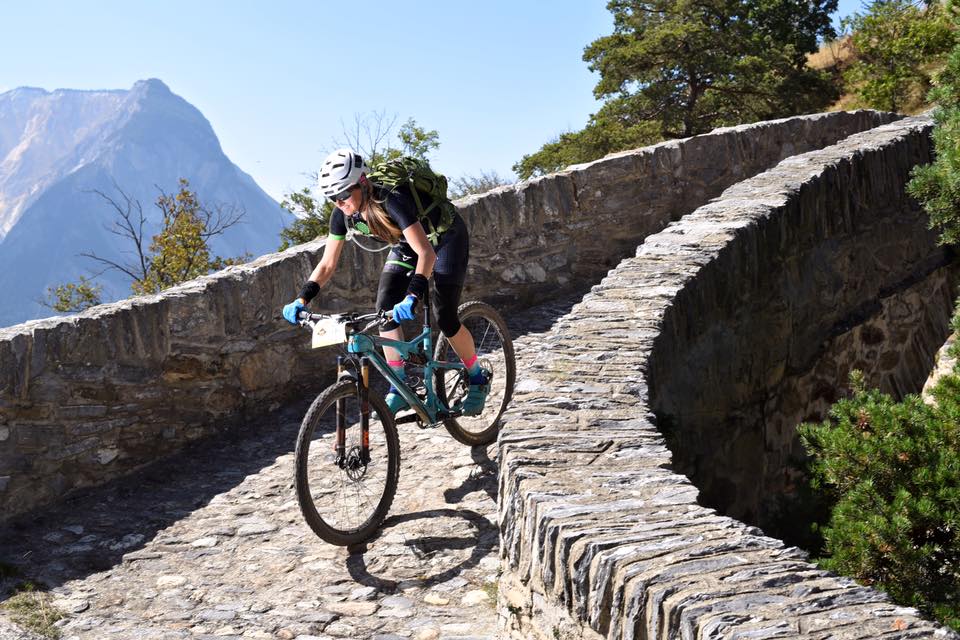
Can you share a few stories of particularly meaningful moments you have witnessed during Sacred Cycle sessions?
1) After years of program development, I will never forget taking our first client on her first ever mountain bike ride. It was one of the most joyful experiences I’ve had with Sacred Cycle. She was so scared but when we finished, she was brimming with pride for what she accomplished. 2) Last year one of our clients set the goal of doing a 33-mile charity ride. She’d never ridden more than 25 miles and I suggested she do the 66-mile option and surprise herself. She had no problem completing the ride and felt strong and accomplished after. 3) I also value some of the smaller breakthroughs. One client was so quiet and rarely spoke about anything deeper than the weather. But when she got on the bike she would slowly open up in the most thoughtful and meaningful way.
What are some of the ideas or research that these therapies are based on?
It’s funny, I’m not a researcher. The truth is that this program is based solely on my personal experiences with movement and cycling. I literally said, “this worked for me, would it work for others?” Before answering that question, we launched. I’m so grateful there are people starting to do research on this, like Tony Westbury [from the Scottish cycling and mental health study].
How do therapies based on nature, movement, or with animals help people with trauma?
This is such a big question with a multitude of explanations. But the first thing that comes to mind is that nature is a natural teacher of staying present and grounded. I really appreciate the use of metaphor for healing and teaching, and the bike, nature, and working with horses, provide endless opportunities to learn about oneself through metaphor.
An example of this in cycling is comparing how one might approach a seemingly insurmountable rock feature on the trail to how one approaches challenges in life. Do you avoid them, worry or berate yourself for not trying to overcome them, or do you treat them as exciting adventures? Stopping on the trail and discussing these things can be useful because, in nature, many defenses are dropped, and distractions are minimal. It’s pretty amazing what can arise in this space!

Are there ways that folks reading this article can better incorporate nature and movement into their personal mental health care?
For cycling: I encourage my clients to start by practicing simply staying mindful on the bike. I have a seated meditation practice which helps in more ways than I can describe. In the type of meditation I learned, when I notice my mind wandering, I say ‘thinking’ to bring myself back to the cushion.
For my cycling clients, I suggest something similar when on the bike. When the mind wanders, and it will, I suggest finding a word to remind the ever-chewing brain to come back to the present where it’s not only safer but more rewarding. Personally, I use the word ‘trail’ to compassionately remind myself. It’s amazing how much less exhausting it is to stay in the present moment.
[It also helps to] make a plan to go outside each day and pick something in nature, like a tree, a plant or a boulder to just notice. Study all of its intricacies in an effort to connect with something outside of yourself and other human beings. You could even tell this object something about yourself and see what arises. This is a technique I’ve learned through studying the work of Bill Plotkin.

If you or someone you know might benefit from the tools The Sacred Cycle has to offer, send Heather an email to get on their schedule for the next session. Scholarships are available for folks who need help with the cost, and anyone with a little extra cash can contribute to the scholarship fund here. Additionally, you can support the program by purchasing some Sacred Cycle gear from their website.
For those not interested in the mountain bike component of this therapy but want to check out the rest of the program, no problem, there are other non-bike options to choose from.
Thanks to Heather Russell for taking time from her meaningful work to share The Sacred Cycle story with our readers.


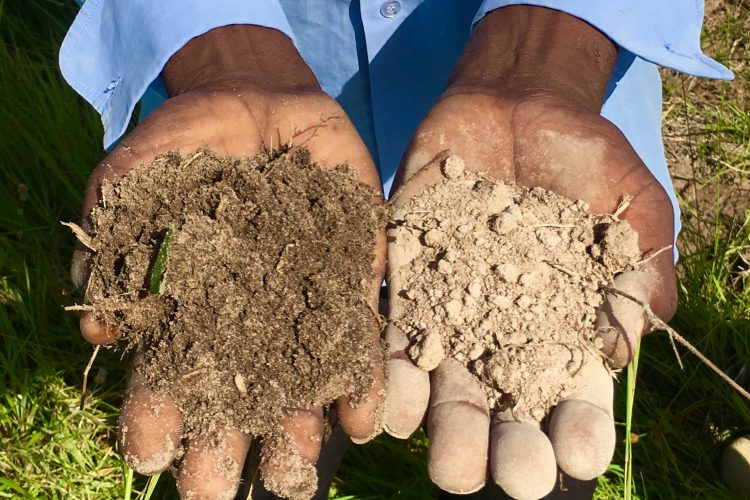
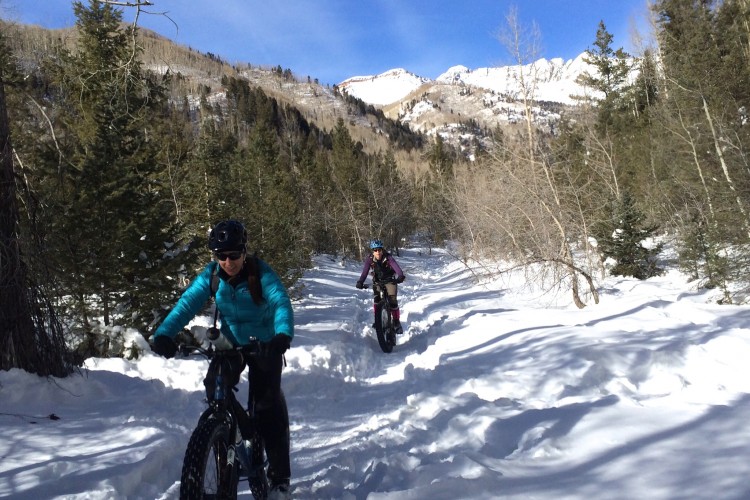



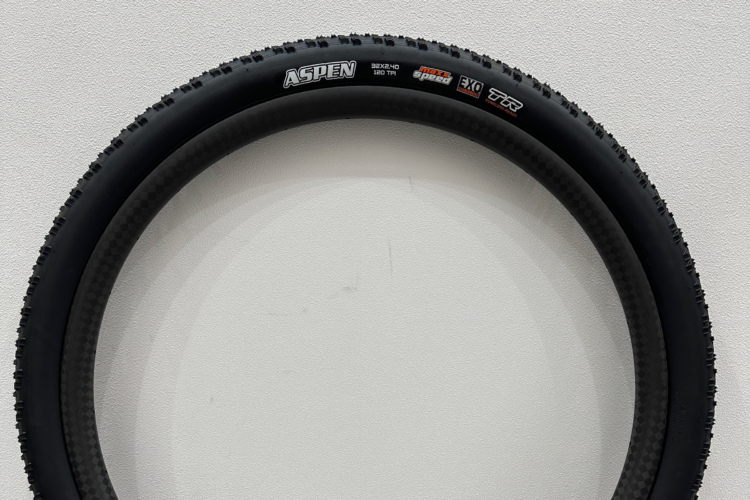
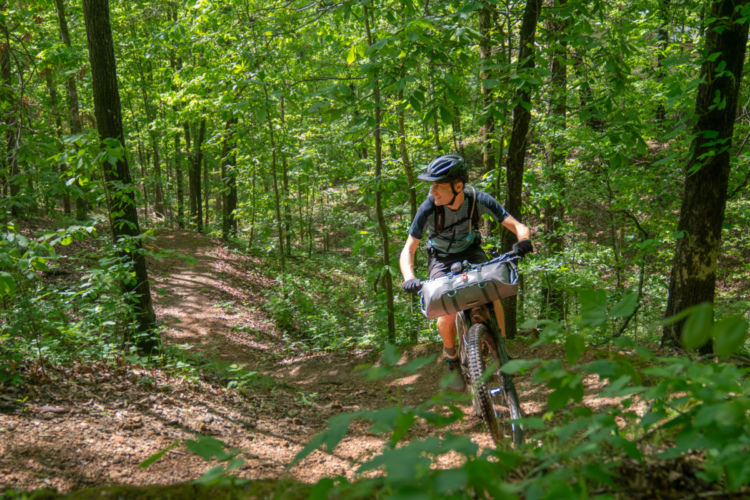
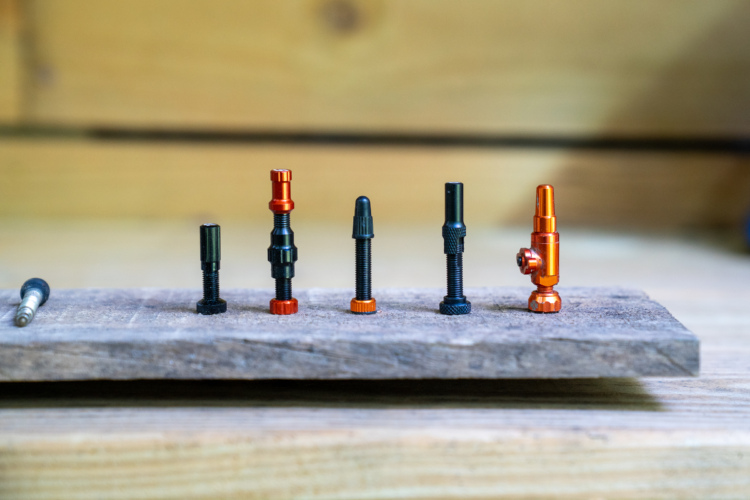

1 Comments
Apr 26, 2019